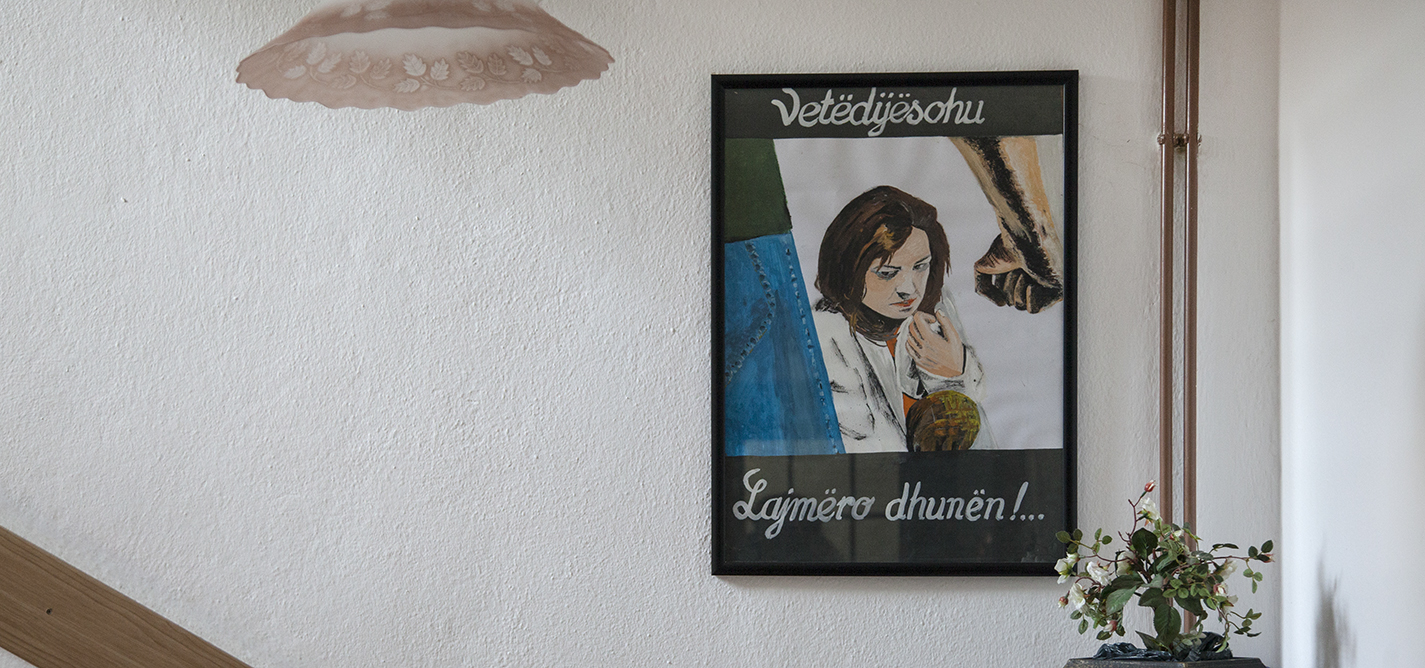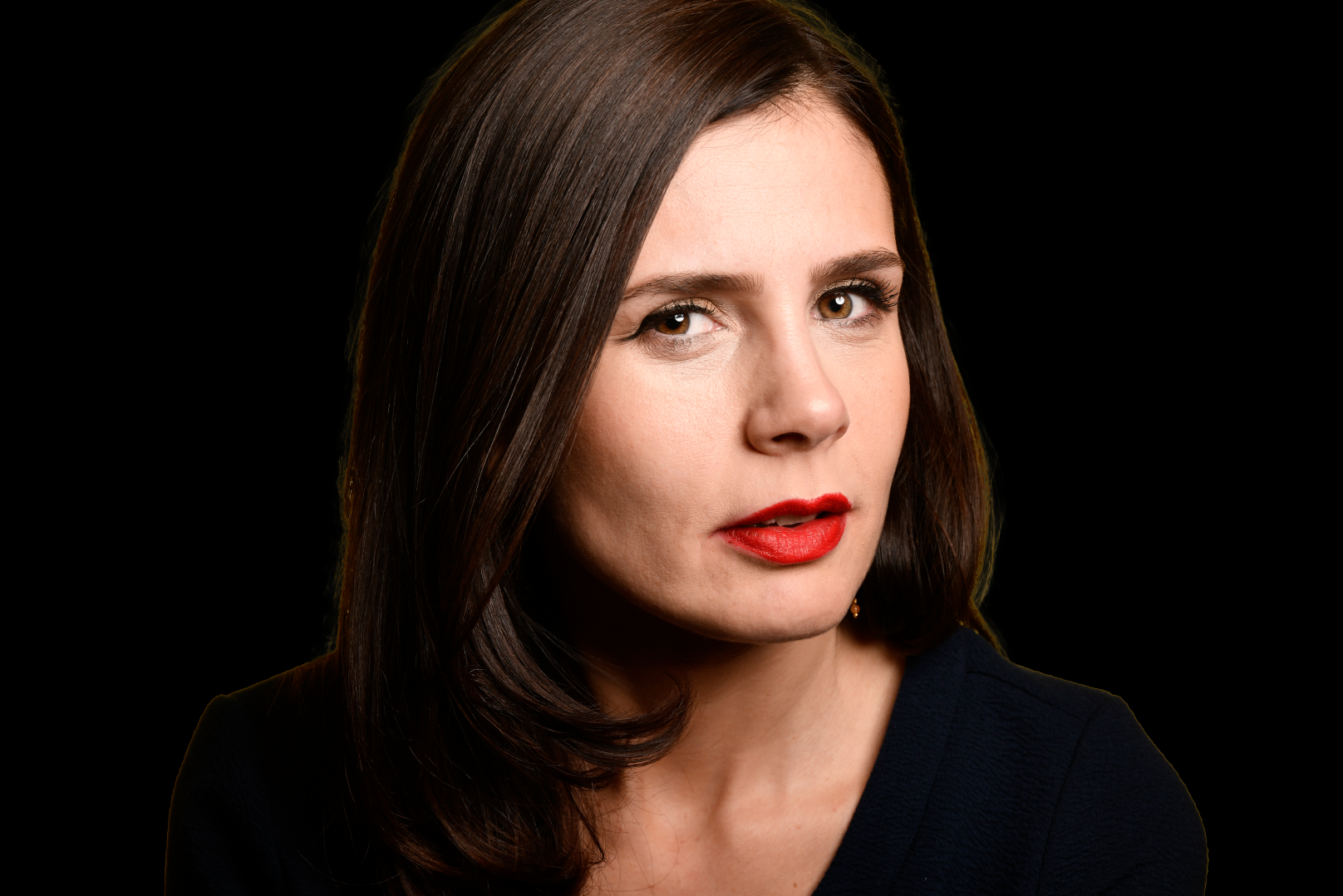
Re-integrating victims of domestic violence
Shelters picking up the pieces of state failures.
“When the psychologist works with them, they usually draw a big hand. They say: ‘It is daddy’s hand. It’s big, because he hit my mom.’”
Sakibe Doli“In a professional sense, I think that municipalities should take more responsibility.”

Dafina Halili
Dafina Halili is a senior journalist at K2.0, covering mainly human rights and social justice issues. Dafina has a master’s degree in diversity and the media from the University of Westminster in London, U.K..
This story was originally written in English.